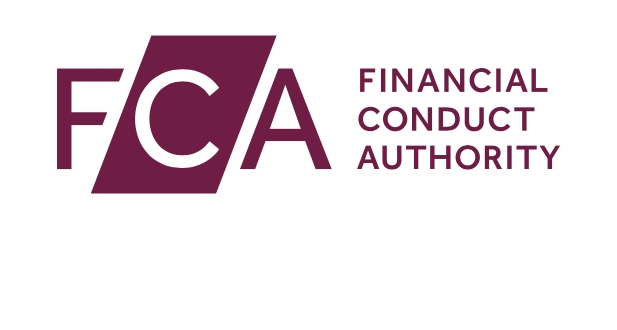The financial services sector has welcomed a radical shake-up of the way the Financial Services Compensation Scheme (FSCS) is to be funded.
The FCA announced yesterday that it would require providers to pay a quarter of the cost of the FSCS.
While many providers were strongly opposed to the move the FCA says they will benefit from an improved compensation scheme.
Some advisers wanted providers to pay as much as 75% of the costs.
Meanwhile the move has been broadly welcomed by the sector.
Aegon pensions director, Steven Cameron, said: "Aegon warmly welcomes the FCA's decision to require providers to pay 25% of intermediary Financial Services Compensation Scheme levies from the first £1.
“Unlike other providers Aegon has been calling for this, partly to reflect the benefit all players in our industry receive from the confidence the FSCS provides to consumers using the industry’s products and services.
“We also want to support the vast majority of intermediaries who don't generate claims on FSCS, but who have had to prepare for unpredictable variations in fees and in recent years have had to pay the maximum possible for the intermediary class under the scheme.”
He added: “Alongside these changes, we urge the FCA to continue looking at how it can reduce overall claims on the FSCS and also move towards risk-based levies so those firms undertaking riskier activities, which are more likely to result in FSCS claims, pay more towards the compensation bill.”
PIMFA went further and “greatly welcomed” the change, but called on the FCA to justify the £71m hike in the price of the levy by demonstrating that it “actively seeks to mitigate through its supervisory processes claims on the FSCS.”
Quilter called for further change, with John Porteous, retail customer solutions director at the firm adding: “Reform of the FSCS has the power to create a fairer system that protects firms and customers, while also removing some of the barriers to growth which the existing levy presents.
“Spreading the burden more proportionately with manufacturers is the right thing to do, and reflects the provider share of the value chain.
“The next step is to introduce a risk-rated levy to incentivise good risk-management, encourage the right behaviours and ensure firms with a clean record and a well-managed business are not unfairly penalised.”

